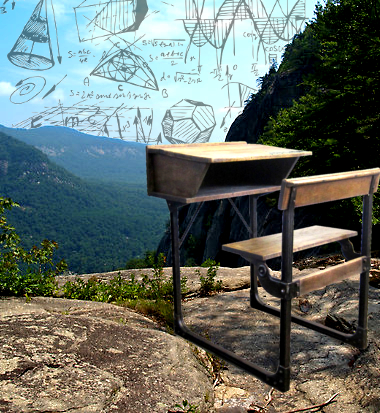Gonski centre gets going
 The University of NSW's Gonski Institute is preparing to investigate some of the trickiest questions in education.
The University of NSW's Gonski Institute is preparing to investigate some of the trickiest questions in education.
The Gonski Institute for Education is preparing to hold its first advisory board meeting.
The centre is led by former NSW education minister Adrian Piccoli and includes Finland's Pasi Sahlberg.
They are preparing to look at questions such as whether the ATAR system discourages hard work, why results for some of the top Australian students have declined, and whether families should play a bigger role in education.
“One of the aspects that makes us a little bit different is that we'll use the best people from different faculties and take an interdisciplinary approach, because some of the problems we're dealing with are not just limited to schools,” Mr Piccoli said.
“An element is what is happening in parenting because you can't land every problem at the feet of teachers alone.
“Another thing we want to look at is the things that are driving higher-end kids to not be performing as well as they used to.
“A lot of universities don't have prerequisites anymore and the way ATARs are structured makes it a disadvantage for kids to do harder subjects.
“They're all questions we need to work on.”
Mr Sahlberg is a former director general of Finland's Ministry of Education – considered by many to be the most successful school system is the world.
He said Australia’s education authorities should “cheer up”.
“I get the impression that Australian education is more valued outside Australia,” Mr Sahlberg said.
“Teachers seem to have an impression they're not doing a good job and they get blamed and shamed.
“But whenever someone says ‘Australia’, after kangaroos and Vegemite, everyone thinks of good education.
“The fact that education plays such a big part in the country and its export economy is a sign of that.
“Australia is still performing better than the OECD average.
“But the nature of the tests has changed and there are new members who are doing a lot at the policy level to do well in the tests. Almost everyone is doing worse in [the OECD's Programme for International Student Assessment] PISA, including Finland.
“We need to pay attention but there's no need to panic because of results in PISA. But obviously improvement in education needs to happen in other areas.”








 Print
Print